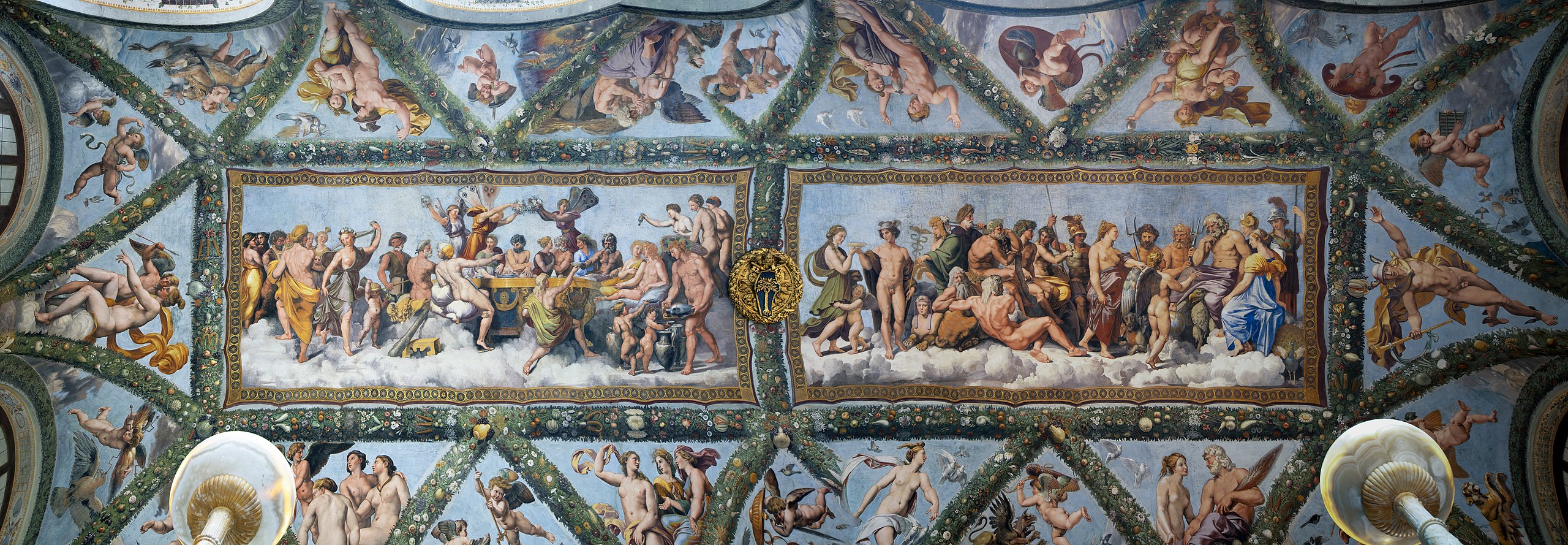For the past five years, most of my time has been devoted to researching and analyzing Psalm 82. It has been fascinating to dive deep into a text found in the modern religious liturgy that was imagined more than 2500 years ago.
The main thrust of my thesis is that Psalm 82 is ethical. It contains a message that provides insight for its readers about how leaders should rule and how people should respond to bad leadership.
Psalm 82 has been the topic of many interesting scholarly reflections over the past century. Most of these reflections have focused on the mystery of the mythological elements of the psalm.
Psalm 82 describes a council of gods meeting in a realm that is likely other-than earth. It also describes a scenario where the gods may be punished by losing their eternal quality of life. This manner of writing about multiple deities convening over matters of importance is not uncommon in ancient Near Eastern literature, but it is not very common in the Hebrew Bible.
Another interesting component of Psalm 82 is its intense focus on the well-being of the poor and marginalized persons in society. A list of synonyms for “poor” in verses 2 and 3 is the most inclusively dense list of disadvantaged descriptors than anywhere else in the Bible. So, when Psalm 82 is read as an ethical psalm, it should be understood that this is a psalm about justice for the poor.
Furthermore, since the Hebrew Psalter was compiled sometime in the Second Temple Period, and this psalm retained its mythological origins from a much earlier setting, Psalm 82 may be evidence of resistance literature. Its message is somewhat contrary to those wanting to establish a homogenous community, asserting that not only should the marginalized be included in one’s community, but it may be an act of injustice to evict them.
There are many interesting linguistic and poetic elements in Psalm 82, enough to fill a full Ph.D. dissertation. Arguably, the psalm’s greatest significance is as an ethical text about ensuring justice for the marginalized in one’s own community, even if that means challenging rulers at the highest authority.
During this process, I have discovered as much about myself as I have learned about Hebrew and the Psalms. I could not have guessed that I would one day be studying the Psalter at this level of academic interest, nor would I have guessed that I would be evaluating ethical virtue in ancient or modern stories. This journey has been a substantial personal endeavor, as much as an academic process. In it, I am thankful for the friends and colleagues who have encouraged me along the way. I am grateful for the many hours my beloved partner Joshua has dedicated to listening to my dissertation in scattered pieces and various forms. I am humbled by the many internationally respected scholars who I now consider to be friends, as well as academic colleagues. I cheerfully look to the next phase of my journey. Defending my dissertation is not the final mile of my life marathon, but it is a significant signpost. I am glad of its coming and will be glad to have passed.
Divine Council, Ethics, and Resistance Literature is forthcoming with Pickwick Publications, an imprint of Wipf & Stock. Follow social media and subscribe for updates on publications and research—EricaMG.com.
The dissertation submission may be found in the library at the University of Aberdeen, Divine Council, Ethics, and Resistance Literature by Dr. Erica Mongé-Greer.
